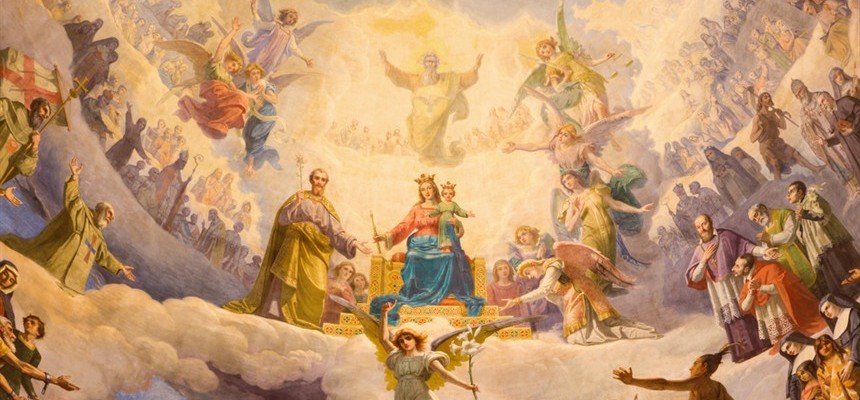From Eden to Eternity: Tracing the Concept of Original Sin Through History
The story begins in a garden—lush, perfect, and timeless. The Adam and Eve narrative in Genesis has captivated theologians, philosophers, and laypeople alike for millennia. At its core lies a fateful decision that introduced the world to the concept of Original Sin—a theological cornerstone that continues to shape human self-understanding, moral doctrine, and religious practice.
Original Sin refers to the inherited state of moral failing and estrangement from God, said to be passed down from Adam and Eve’s disobedience in Eden to all of mankind. More than just a cautionary tale, this moment of eating the forbidden fruit represents what some theologians call the metaphysics of disobedience: the first fracture in humanity’s relationship with the divine order. But how this single act of defiance evolved into a fundamental doctrine of Christianity is a journey through theological history that reflects the spiritual questions of each era.
St. Augustine in the 4th century formalized Original Sin into church doctrine, shaping Western thought for centuries. Augustine viewed the fall as a symbolic rupture and a literal inheritance of guilt and corrupted will. His writings gave structure to a more fluid idea, rooting it in the soul’s very fabric and influencing baptismal theology, human nature, and the need for divine grace. This Augustinian doctrine became the bedrock upon which much Catholic and Protestant thought would build.

But what if eating the forbidden fruit wasn’t a sin at all? The text tells us that Adam and Eve lived in a state of total innocence, unaware that there was opposition in all things – good vs evil, pleasure vs pain, health vs sickness, and so on. In such a condition, they would not have fully understood the implications of their actions, nor would they have known how to fulfill God’s first commandments: to be fruitful, and multiply, and replenish the earth. It was Eve who made the choice—one that, paradoxically, may have required disobedience to fulfill divine intent. Faced with two divine directives—do not eat the fruit and multiply and replenish the earth—Eve chose progression over stagnation, knowledge over innocence. Perhaps, then, Original Sin is more accurately understood as Original Choice, and a grand thank you is due Eve!
This reframing does not erase the theological weight of disobedience, but it invites a deeper look at the complexity of human agency. Rather than condemning humanity for its fall, it opens the possibility that the so-called “fall” was a necessary step toward growth, self-awareness, and ultimately, salvation. From this perspective, Eden was never meant to be humanity’s final home, but its starting point.
From ancient councils to modern reinterpretations, the doctrine of Original Sin—or Original Choice—continues to evolve, mirroring our deepest questions about freedom, responsibility, and divine purpose. Whether viewed through the lens of guilt or growth, the legacy of that first bite continues to echo through eternity.
Read: Tradition vs. Truth

